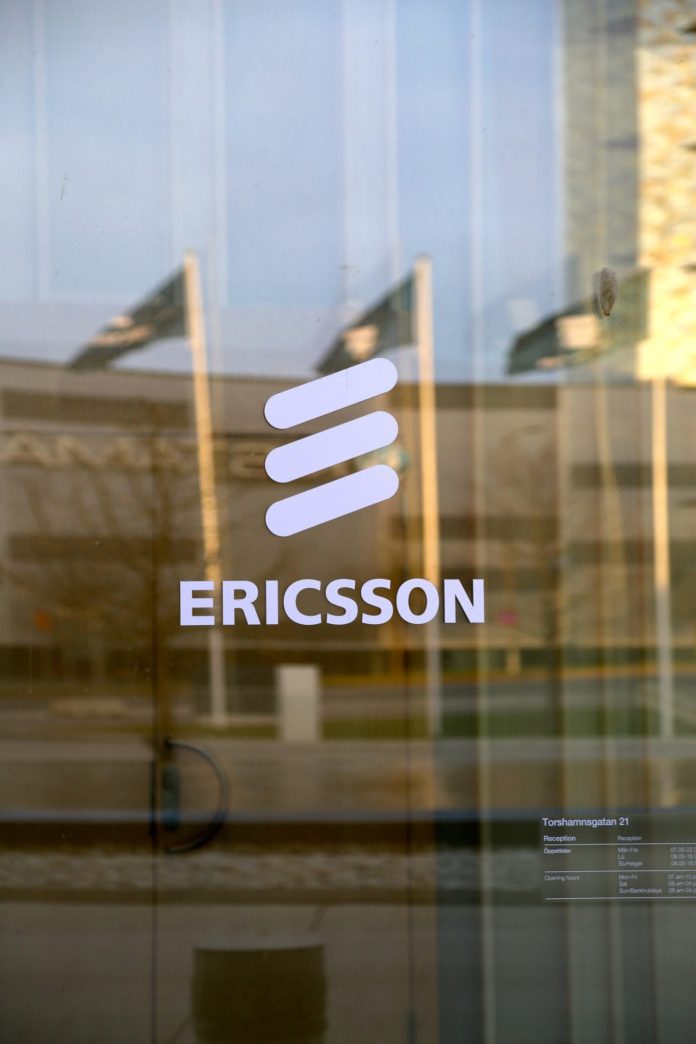Ericsson and Audi announced they are currently testing Ultra-Reliable Low-Latency Communication (URLLC) capabilities for factory automation at the car manufacturer’s P-Labs facility in Germany.
The two companies highlighted that smart factories of the future with automated production systems featuring robots and Automated Guided Vehicles (AGVs) will be driven in large part by 5G connectivity. The partners also noted that standardized protocols for automation communications – PROFINET and PROFIsafe – demand very low latency and strict latency bounds with required guarantee levels to avoid triggering safety stops in the system. 5G URLLC capabilities meets these high demands with greater mobility, flexibility, efficiency and safety in the production lines, the companies said.
At Audi’s P-Labs in Gaimersheim, Germany, Ericsson’s 5G system is already live in a real factory environment. Now, plans are underway to introduce 5G URLLC capabilities to the existing system for more advanced factory automation and personnel safety use cases.
Ericsson and Audi have successfully tested the 5G URLLC capabilities at Ericsson’s factory lab in Sweden, and the next step is to bring these capabilities to Audi P-Labs in Germany. Replacing wires in automated factories, 5G URLLC increases flexibility in the production and assembly process while also reducing personnel safety risks, the partners said.
“As part of our project with Ericsson that was announced in 2018, we continue to test the possibilities offered by 5G technology for industrial applications in the smart factory,” said Henning Löser, head of production lab for Audi. “5G connects all the dots in our production environment, resulting in tremendous flexibility improvements, enhanced connectivity and a complete reimagining of what safe human-robot collaboration can look like.”
“5G URLLC will provide wireless connectivity that meets the performance demands of industrial automation. The door has been opened, and advanced use cases and Critical IoT applications are now possible with the benefits of greater flexibility, mobility, and efficiency for production automation. Cutting the cables is the real game changer in enabling Industry 4.0,” said Marie Hogan, Ericsson’s head of mobile broadband and IoT.
Ericsson and Audi had initially announced their collaboration in the automotive manufacturing field in August 2018.
In the first phase of the project, Audi and Ericsson tested a latency-critical application using wirelessly connected production robots that were equipped with a gluing application – a commonly used technique in auto body construction.
The planned infrastructure at the technical center in Gaimersheim included the implementation of 5G technologies in a simulated production environment that mirrors those of Audi’s plant in Ingolstadt and other locations. The laboratory was equipped with Ericsson’s proof-of-concept (PoC) network which is an open trial facility to enable early deployments of 5G technology. The network was designed to integrate alternative or complementary technologies to the ones currently in use, including Wi-Fi or wireless LAN, or wired (Ethernet) connectivity of production components.

